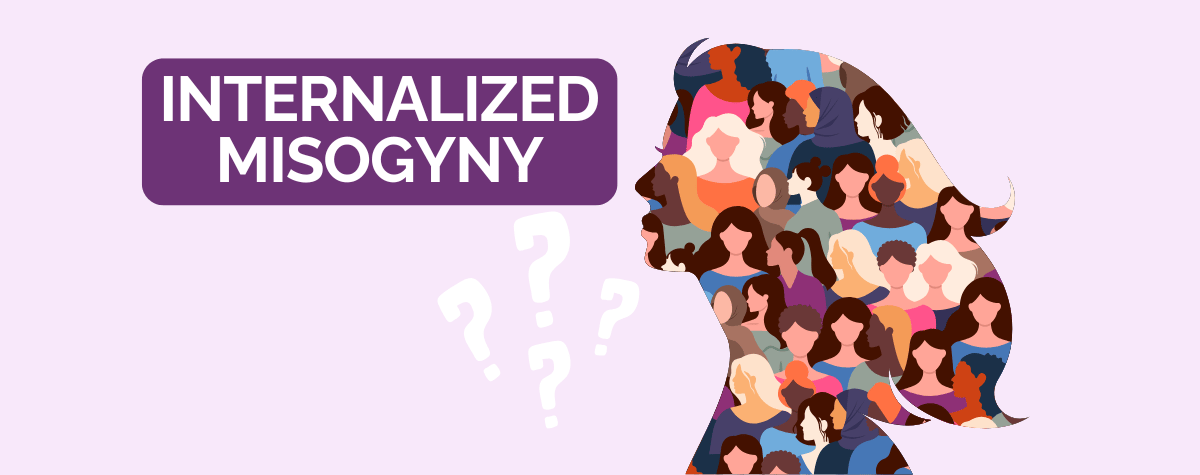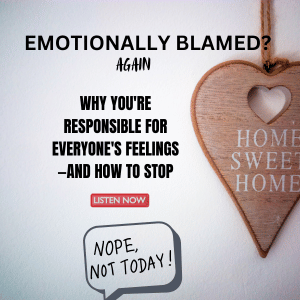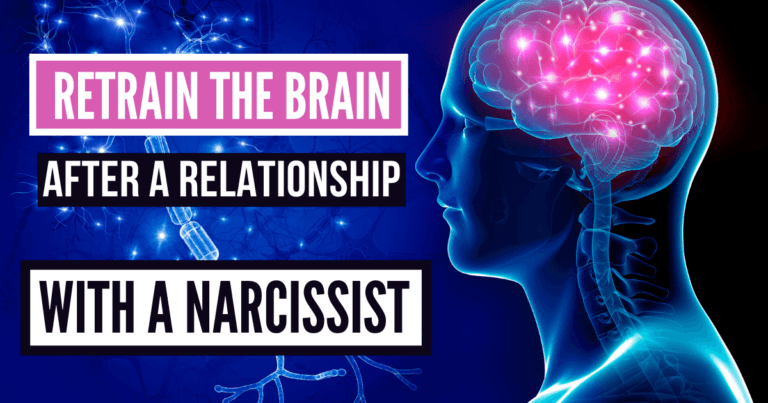Internalized Patriarchy: The Women are AT FAULT, too. Let’s Unpack It Today
In our society, where we are deeply entrenched in patriarchal values, it’s not just the men who uphold the systems of power and control — many women, often unknowingly, contribute to the very structures that suppress them.
Misogyny, the ingrained prejudice (and hatred) against women, isn’t just something men perpetuate.
Women, conditioned by generations of social norms, have also internalized this belief system.
These internalized behaviors help sustain a culture where women are devalued, disrespected, and seen as lesser.
And many don’t even realize they are doing it.
My heart breaks every time I hear a woman crushing other women.
If you have read our other articles, where we call out the men, we will also call out the women, here.
This article explores how women unknowingly support misogyny, how these behaviors manifest, and how deconstructing these beliefs is the first step toward creating a more equitable and respectful society for all.
Defining Patriarchy and Internalized Misogyny
To understand the issue at hand, it’s important to define two key terms:
- Patriarchy refers to a system of society or government in which men hold power and women are largely excluded from it. This isn’t limited to political or economic power but extends into social norms, expectations, and gender roles.
- Internalized Misogyny occurs when women adopt and enforce sexist attitudes towards themselves or other women. This is the result of being socialized in a culture that devalues women and their contributions, often leading women to unconsciously support or perpetuate patriarchal norms.
Listen to the Podcast Episode
How Women Unknowingly Support Patriarchy
Conforming to Traditional Gender Roles
One of the most ingrained ways women support misogyny is by upholding traditional gender roles without questioning them.
Society teaches women that their primary value lies in their ability to be nurturing, compliant, and self-sacrificing. Many women are conditioned to believe that being a good wife or mother means putting the needs of men and children ahead of their own.
This mindset can be seen in everything from how women are expected to prioritize domestic labor to how they downplay their ambitions to avoid seeming too “bossy” or “aggressive.” When women conform to these gender roles, it reinforces the patriarchal belief that a woman’s place is in the home or in supportive, secondary roles.
And, this couldn’t be further from the truth.
Related: Why is Respect for Women Still So Hard for Some Men?
Judging Other Women Harshly
A key aspect of internalized misogyny is when women hold other women to impossible standards or are overly critical of them for stepping outside traditional norms.
This manifests as judgment around choices like career ambitions, personal style, or parenting methods.
Whether it’s shaming women for not having children, criticizing their bodies, or labeling them negatively for being assertive or sexually confident, these judgments come from deeply ingrained beliefs that women should adhere to a specific set of behaviors.
Have you heard the following from other women? Or, have the women in your inner circle whisper it to other women in your presence?
- “A good mother always puts her children and family first.”
- “A woman should be modest and not too revealing.”
- “Career-focused women are too aggressive or ‘bossy.’”
- “Women should be naturally thin, but not too skinny.”
- “A real woman doesn’t need a man to succeed, but she should still get married.”
- “A woman should be calm and never express anger.”
This “policing” of other women enforces patriarchal control by keeping women divided and focused on each other, rather than the system that oppresses them.
Should women just be mindful and demure their whole lives?
Glorifying Male Approval
Many women have been conditioned to seek validation from men as a measure of their self-worth.
Whether it’s the desire to be considered “the cool girl” who doesn’t cause drama, or striving for male approval in the workplace, many women are driven to be accepted by men at the expense of their own needs or values.
This constant need for male validation reinforces a hierarchy where women’s worth is only as valuable as the men around them say it is. By putting male approval on a pedestal, women unknowingly reinforce a culture where men’s opinions and desires matter more than their own.
Examples of Women Centering Men
- Prioritizing a partner’s career or ambitions over their own, often making personal sacrifices to support his success.
- Seeking male validation by dressing, behaving, or altering opinions to align with what men might find attractive or acceptable.
- Taking on the majority of household labor, even in dual-income households, because they feel it’s their “duty” to create a comfortable environment for their partner.
- Making decisions about their own bodies or health (e.g., family planning, appearance) based on what their partner wants or expects.
- Staying silent in discussions or arguments to avoid upsetting their partner, prioritizing his emotional comfort over their own expression.
- Going out of their way to cater to a man’s needs… (and getting the gold star for ANTICIPATING HIS NEEDS).
- Avoiding hobbies, friendships, or personal pursuits that don’t align with or interest their male partner, diminishing their own independence.
- Accepting traditional gender roles in relationships, believing that men should lead or make the final decisions, even when they feel differently.
- Dismissing their own achievements or intelligence to avoid outshining their male partner in public or social settings.
- Taking responsibility for a man’s emotional well-being, believing it’s their role to “fix” or emotionally support him, often at the expense of their own mental health.
When we lay out these items in list form, it’s almost shocking to see how much energy women use on the daily to support their men.
Is it time to de-center men? When will women start to walk in their own self-made power?
Ladies, this is just the beginning of uncovering the iceberg below…are you ready for this journey
Is it time to de-center men? When will women start to walk in their own self-made power?
Related: Why Men Resist Women’s Equality
Related: Honey, Where’s the Dishwasher?
internalized patriarchy internalized patriarchy internalized patriarchy internalized patriarchy internalized patriarchy internalized patriarchy internalized patriarchy internalized patriarchy internalized patriarchy






